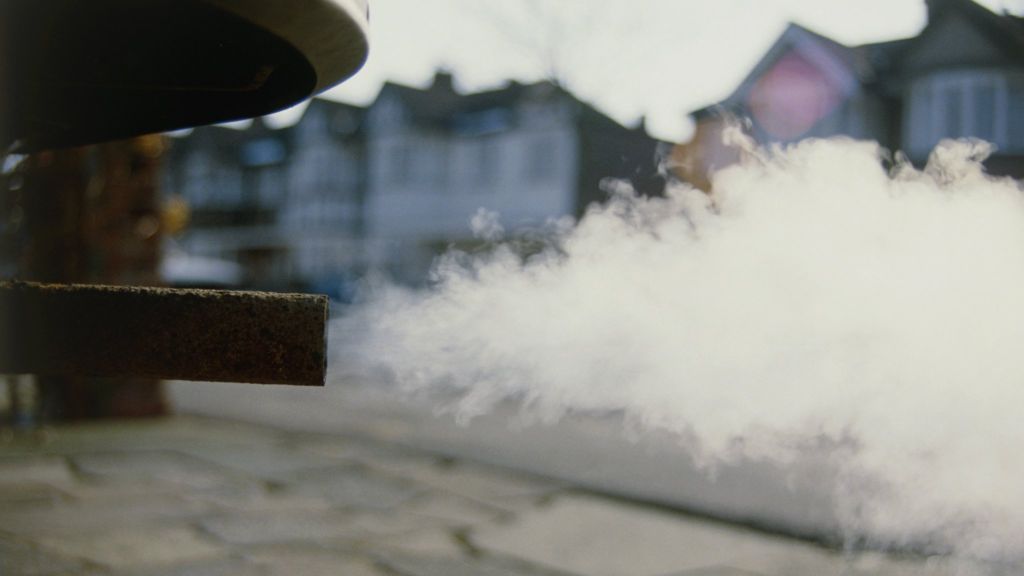Come September, all diesel vehicles in Tehran have to be fitted with diesel particulate filters, or DPF, according to Vahid Hosseini, head of the Tehran Air Quality Control Company.
Speaking to ISNA, the official said the DPF pilot program, which includes equipping Tehran’s high-speed buses —also called BRT — with the filters, has been a success.
“After running tests on different types of filters, we equipped the buses with the most effective ones and the results are encouraging,” he said, adding that the DPFs used in the vehicles managed to remove soot and diesel particulate matter from the exhaust fumes.
However, fitting vehicles with particulate filters has its drawbacks. The filters need to be changed to ensure maximum efficiency, which is an extra cost that the vehicle owner has to pay. Furthermore, some of the buses used in the pilot program developed problems with their engines, which the TAQCC is looking into, Hosseini said.
“Nevertheless, the benefits far outweigh the disadvantages,” he added.
The official emphasized that a concerted effort involving relevant organizations is needed to ensure all new diesel-powered cars in Tehran are equipped with standard filters.
While fitting new diesel cars with effective filters is an important move, there are concerns regarding the enforcement of the new regulation. Dilapidated Paykan taxis were supposed to be entirely phased out in Tehran by last December, but there are still plenty crisscrossing the overcrowded streets in the sprawling capital.
Exhaust fumes from five million cars account for 80% of the capital’s pollution that every year shut down schools, locks up million in homes and fills hospitals with young and old suffering from breathing problems and other respiratory ailments. In some extreme cases people have died due to the air pollution.
Matters go from bad to worse in winter, when a phenomenon called temperature inversion traps exhaust fumes within city limits, leading to the formation of thick black smog that hangs over the capital for weeks.
Air pollution in Iran causes about 80,000 premature deaths every year, with Tehran responsible for more than 4,400 fatalities.
Officials are also considering other measures to help alleviate Tehran’s struggle with air pollution, including more stringent technical inspections and the introduction of Low Emission Zones, which are areas that only cars with low emissions are allowed to enter.


